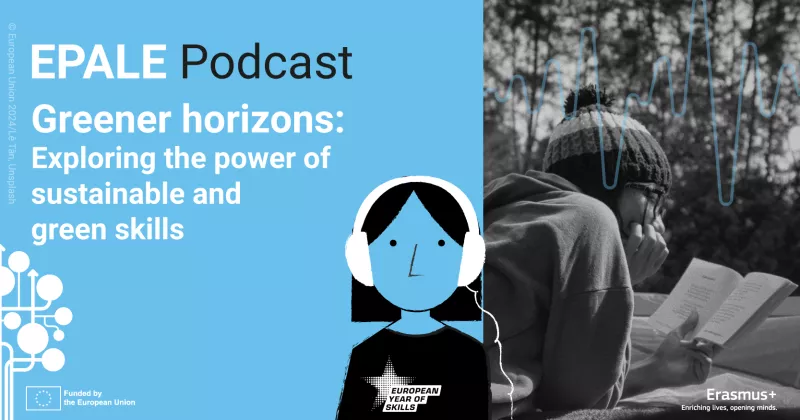Learning in Later Life: Looking through a critical lens


As life expectancy has increased, interest in later life learning has grown across the globe, especially as there is now a considerable amount of research aimed at establishing a link between continuing to learn and better health and wellbeing as well as addressing issues of isolation and loneliness. But do we need to adopt a more critical approach to the issues?
Older people are not all the same
It is important to remember that the term ‘older people’ contains a mix of ages, socioeconomic circumstances, ethnicities, genders, health statuses, cognitive abilities etc. as well as widely varying life experiences. As with other generations, there does exist a range of health inequalities but we should never assume that all older people are necessarily frail and lonely. In the UK, it has been shown that life satisfaction actually peaks between ages 70-74; we should also remember that people age in very different ways.
What do we mean by learning?
Learning can be defined in a whole range of ways but it might be broadly understood as the process of acquiring new knowledge and skills, beliefs, values, attitudes and behaviours. There is no reason why older people should not continue to learn in the absence of severe neurological illness. However, not all older people have access to appropriate learning opportunities or the motivation to take them up. We need to understand more about this.
The Decade of Healthy Ageing (2020-2030)
This WHO initiative is dedicated to bringing together a comprehensive range of governments and organisations to take collaborative action to improve the lives of older people together with their families and communities. Healthy ageing is seen as ‘creating the environments and opportunities that enable people to be and do what they value throughout their lives’. It replaces the WHO’s previous emphasis on active ageing and, amongst other aims, emphasises the need to enable older people to ‘learn, grow and make decisions’ (who.int).
This is an exciting opportunity to demonstrate how learning in later life can impact upon health and wellbeing; however, we first need a better understanding of what processes and which outcomes of later life learning influence particular aspects of health and wellbeing for older people.
What needs to be done to further encourage learning in later life generally?
- Combat ageism in all its forms, especially ageist language and assumptions. (ageing-better.org.uk)
- Understand how different older people learn in different contexts and share findings internationally.
- Embrace the digital revolution. Find innovative ways to enable older people to get online. Ensure that initiatives such as Learning Cities include such opportunities for older citizens.
The Decade of Healthy Ageing and the disruptive influence of COVID-19 offer the potential to change our ideas about later life learning in innovative ways. We need to be open to new developments and ideas. All our futures are at stake!
About the author

Alexandra Withnall is an Honorary Associate Professor in the Centre for Lifelong Learning at the University of Warwick, UK, following her retirement from Warwick Medical School in 2009. She has been researching and writing about later life learning for 40 years and has given invited lectures in countries across the globe including in Australia, South Africa, Taiwan and South Korea.
You may also be interested in:
Do older people get a fair deal when it comes to learning? (blog)
Arts & Older People Programme: So you can’t teach an old dog new tricks? (blog)
European Agenda for Adult Learning, UK 2020: Participation, Access, Quality (blog series)
Free webinars on digital accessibility and inclusion to create effective remote learning (blog)





Aging population